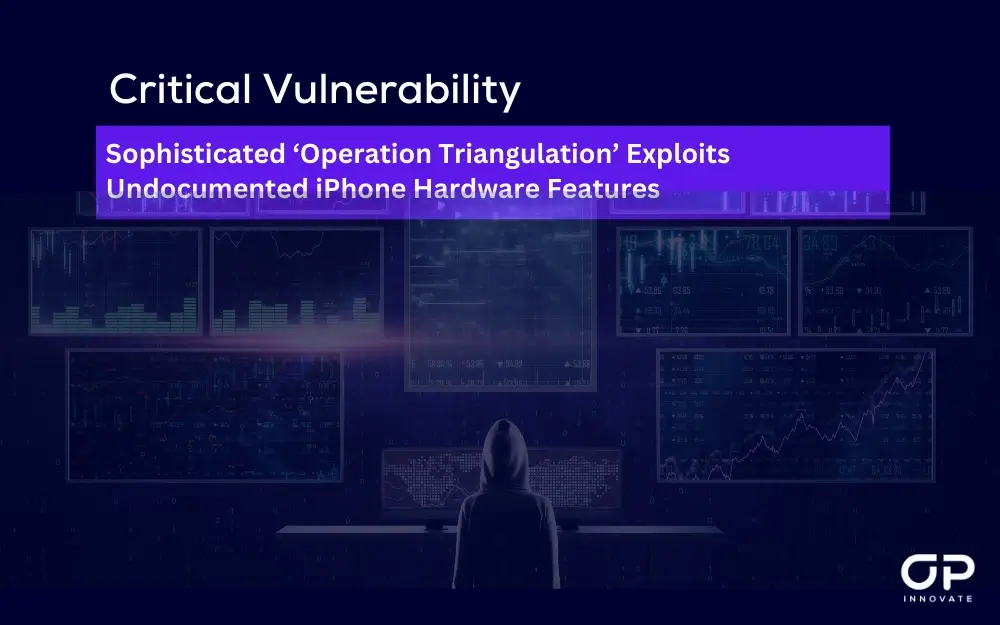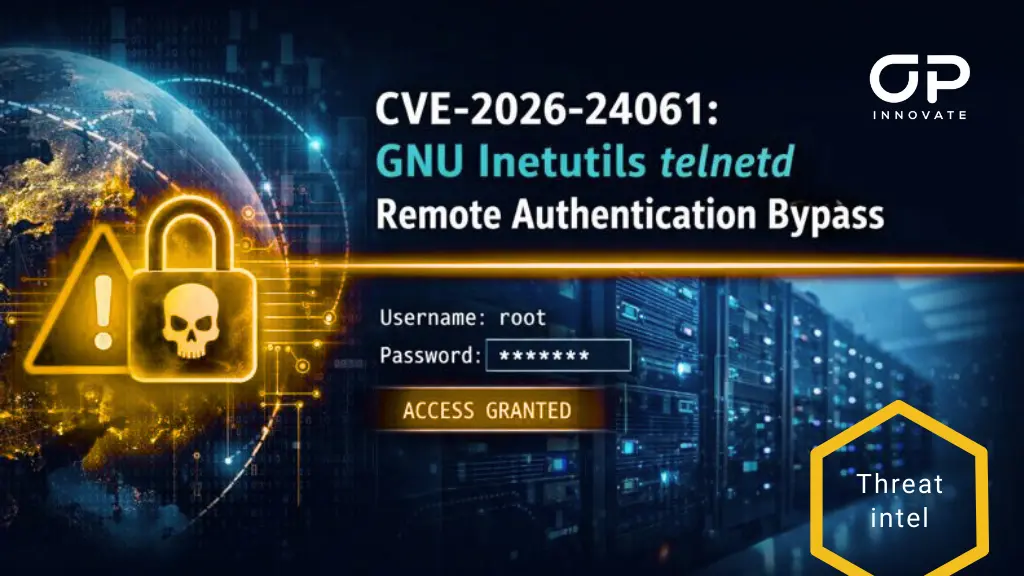A highly sophisticated cyber-espionage campaign, dubbed ‘Operation Triangulation’, has been leveraging undocumented hardware features in Apple’s iPhone chips to bypass stringent security measures. Kaspersky’s Global Research and Analysis Team (GReAT) has unearthed this alarming threat, which poses significant risks to iPhone users, including Russian diplomats and officials, as well as private enterprises.
Operation Triangulation Attack Details:
- Zero-Click Campaign: The attack starts with a zero-click exploit targeting the iPhone’s iMessage app, affecting iOS versions up to 16.2.
- Vulnerability Chain: Exploits multiple zero-day vulnerabilities, including CVE-2023-41990, CVE-2023-32434, and CVE-2023-38606, to gain access and manipulate memory protections.
- Methodology: The attack involves intricate layers of exploits, starting from a malicious iMessage attachment and progressing through JavaScriptCore manipulation, hardware memory-mapped I/O (MMIO) registers exploitation, and finally, installing spyware.
Key Threat Actor Activities:
- Initial Access: Exploiting the ADJUST TrueType font instruction in Apple chips.
- Privilege Escalation: Using JavaScriptCore’s debugging feature and an integer overflow vulnerability to access physical memory.
- Bypassing Protections: Exploiting hardware vulnerabilities to manipulate protected memory regions.
- Final Payload Deployment: Installing spyware after obtaining root privileges.
Implications and Concerns:
- Elevated Sophistication: Demonstrates an unprecedented level of intricacy in iPhone cyberattacks.
- Security Through Obscurity: The exploitation of a feature possibly intended for testing or debugging, which was not publicly documented.
- Challenges in Detection: Due to the closed nature of iOS, detecting such attacks is difficult, primarily relying on network traffic analysis and forensic examination.
Recommendations:
- Update Systems: Regularly update operating systems, applications, and antivirus software.
- Patch Vulnerabilities: Promptly address known security flaws.
- Implement EDR Solutions: For endpoint detection and response, particularly on macOS systems.
- Reboot Regularly: To disrupt persistent infections.
- Disable iMessage and Facetime: Reduce risks of zero-click exploits.
‘Operation Triangulation’ is a stark reminder of the evolving landscape of cyber threats and the need for vigilant security practices. This campaign highlights the importance of regular updates, advanced detection mechanisms, and a proactive approach to cybersecurity.









